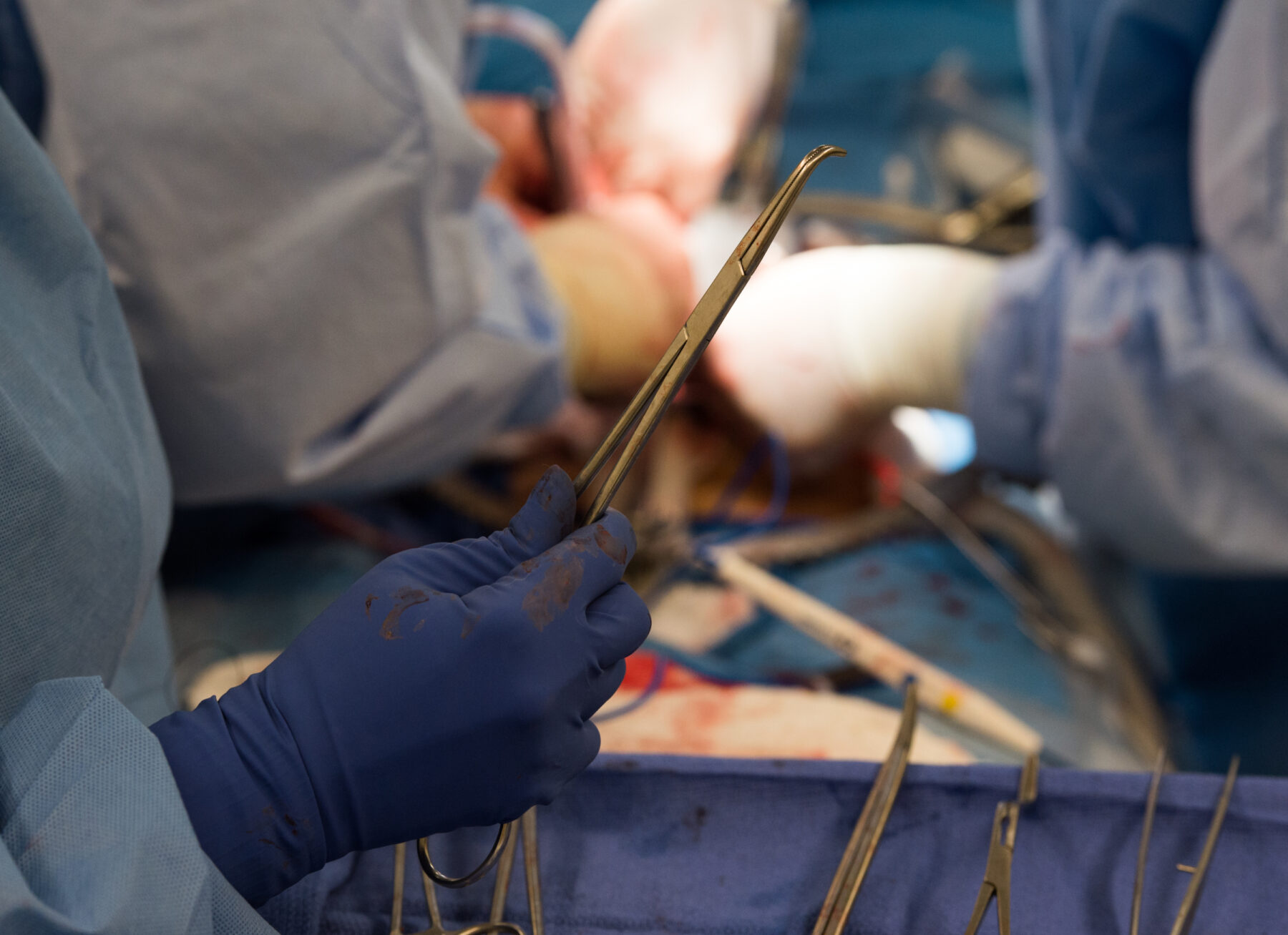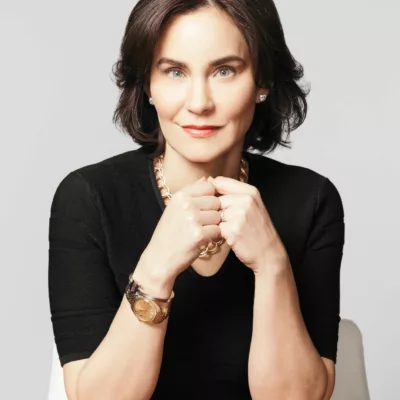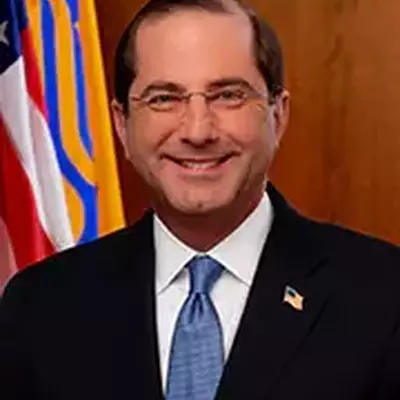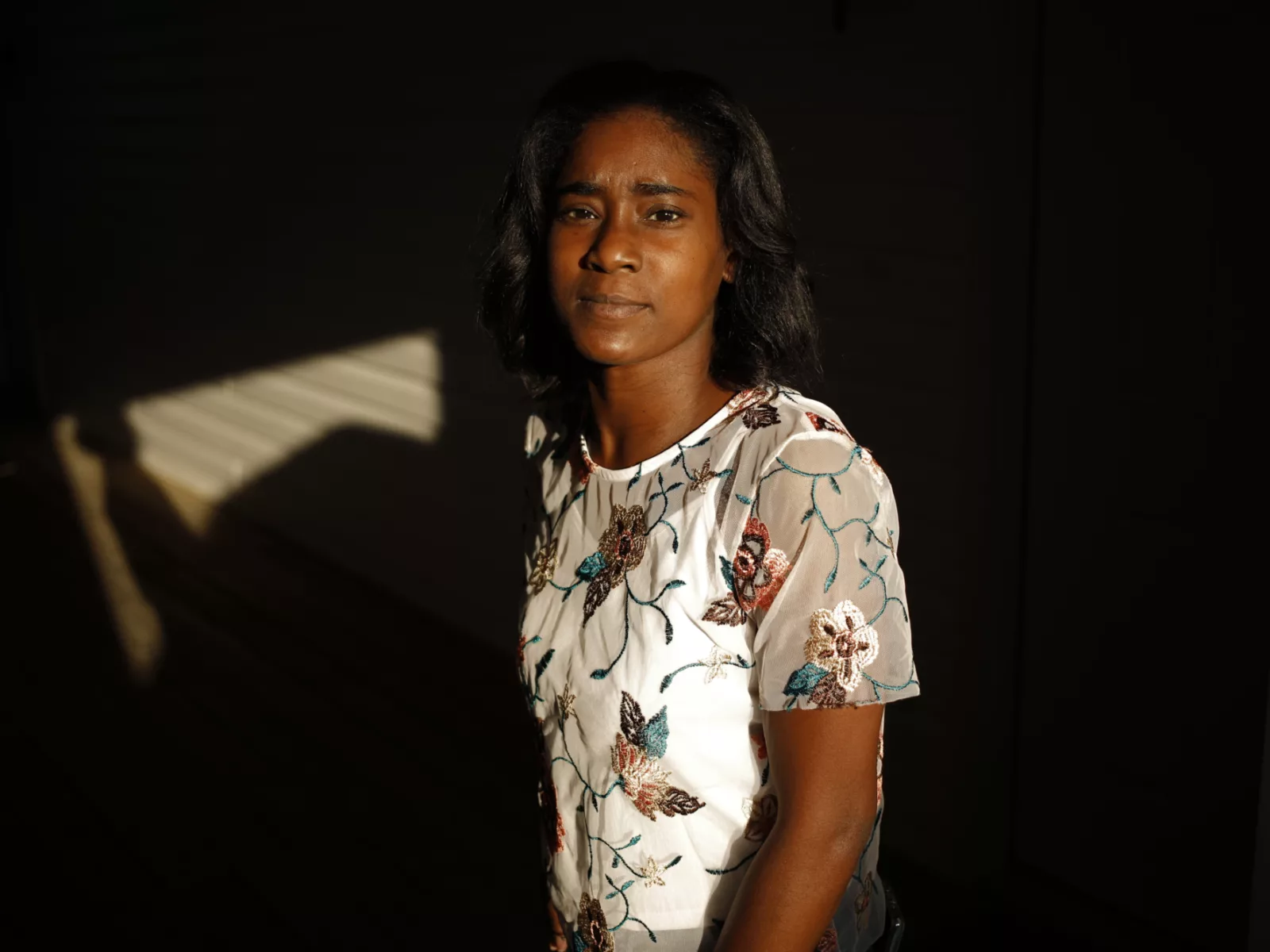There are 115,000 Americans on an organ transplant waiting list, and their future health hangs on several different factors — age, blood type, condition — that play a key role in determining who gets placed next in a potentially life-saving line. But another key factor is the answer to one simple question: Where do you live?
That’s because the organ donation system in the U.S. is controlled by 58 nonprofit organ procurement organizations, or OPOs, that each oversee a specific geographic area, coordinating organ recovery with hospitals and transplant centers. But the groups, which are “self-policed,” are not always successful. In six states, recovery rates are between 24 and 33 percent, according to an Arnold Ventures-supported study by the University of Pennsylvania. An improvement to just 50 percent would yield 6,000 more life-saving transplants per year.
Despite this, underperforming OPOs have faced little accountability from the federal government. Then, in 2019, President Trump signed an executive order aimed at making the system more transparent and accountable (OPOs have long self-reported their recovery numbers, sometimes falsely) and more organs available to those in need.

Laura Arnold recently caught up with U.S. Health and Human Services Secretary Alex Azar at the Day One Project conference in Washington, D.C., where both were featured speakers. The two of them spoke for this episode of “Deep Dive with Laura Arnold” about the current flawed system and the sense of urgency around reform. For Azar, this is personal. His father had end-stage renal disease, lost his kidneys, and was the beneficiary of a living donor. He saw firsthand “the miracle of a transplant.”
How to listen
Listen to the podcast in the player above or on iTunes, Google Play, Spotify, Stitcher, or your favorite podcast app.
About the host
Laura Arnold is the Co-Founder and Co-Chair of Arnold Ventures, founded in 2010, and an attorney and former oil company executive. Read more about her here.













